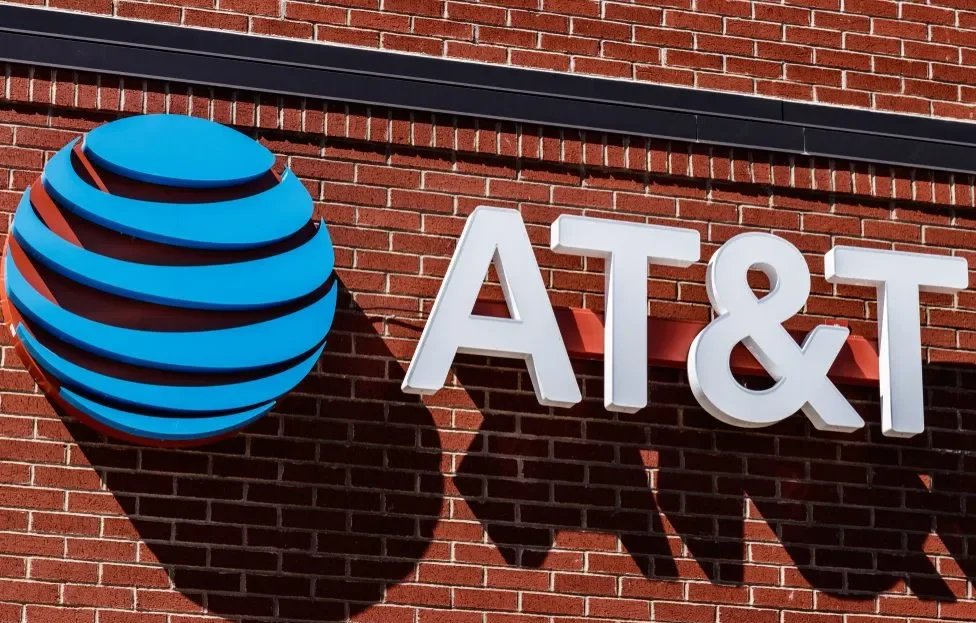If the prediction that AI will eliminate most jobs is close to being true, there is one profession that will certainly survive: software testing. Software testers will be the guardians of quality, ethics and behavior in AI-based systems. Let's look at five reasons why this is true, especially in the case of certified software testers. 1) The Human Presence in the AI World The first (and most crucial) point to consider is the irreplaceable human presence that software testers bring to the table. AI, despite its advances in logic and processing, lacks the human touch - the intuition, ability to perceive subtleties and ethical judgment that are characteristic of human nature. Testers act as the critical human interface, ensuring that AI systems are aligned not only with technical specifications, but also with human values and social norms. 2. A Safety Net in AI Implementation Safety in AI implementation is a primary concern and software testers are at the forefront of this battlefield. The risk of allowing AI systems to self-evaluate is similar to an untested power circuit. AI cannot be tested of itself. Human testers provide a safety net, offering an objective and critical perspective that prevents AI systems from operating in potentially harmful or unintended ways. Their role is crucial in sectors where the risks are highest, such as healthcare, automotive, aerospace, defense and public infrastructure. 3. the Quality Assurance of Certified Testers Given the critical nature of this function, it is important to distinguish between amateur testers and certified testers. Analysis shows that the involvement of certified software testers leads to a defect detection efficiency of over 99%. This contrasts sharply with the efficiency rate of 35% when amateurs, such as programmers, carry out testing. In addition, the rate of introducing new problems and correcting existing problems drops significantly with the involvement of certified testers.[1] This data is not only proof of the ability of certified testers, but a clear reminder of their indispensability for this critical quality function. 4 The Evolving Complexity of AI As AI systems become more complex, the likelihood of difficult and unpredictable problems arising increases. Software testers are essential to navigating this complexity, bringing a level of knowledge, understanding and adaptability that AI, in its current state, cannot achieve. The role of software testers is evolving from mere defect identification to architects of AI safety and reliability. 5. the ethical guardianship of AI Another vital aspect that is often overlooked is the role of software testers as ethical guardians. As AI begins to make decisions that impact human lives, the ethical implications become a critical concern. Software testers serve as a checkpoint, ensuring that AI systems comply with ethical standards and social norms. This role is becoming increasingly crucial as we deal with the moral implications of AI in everyday life. The Permanent Profession in the Future of AI: Software Tester Software testers are the humans who can never be replaced in an AI-dominated future. Their role transcends mere technical supervision because they are the guardians of safety, ethics and reliability in an automated world. As we venture deeper into AI, the need for competent, insightful, certified and ethical software testers will increase. They're not just keeping up with technological advances - they're also actively shaping a future where AI serves humanity safely and responsibly. In the narrative of our AI-driven future, software testers are not just participants, they are the ultimate professionals who ensure that this future is safe, ethical and aligned with human values. The original article via the American Software Testing Qualifications Board can be read here. ------ [1] 10 Reasons You Need Testers Certified by ASTQB - ISTQB in the U.S.











